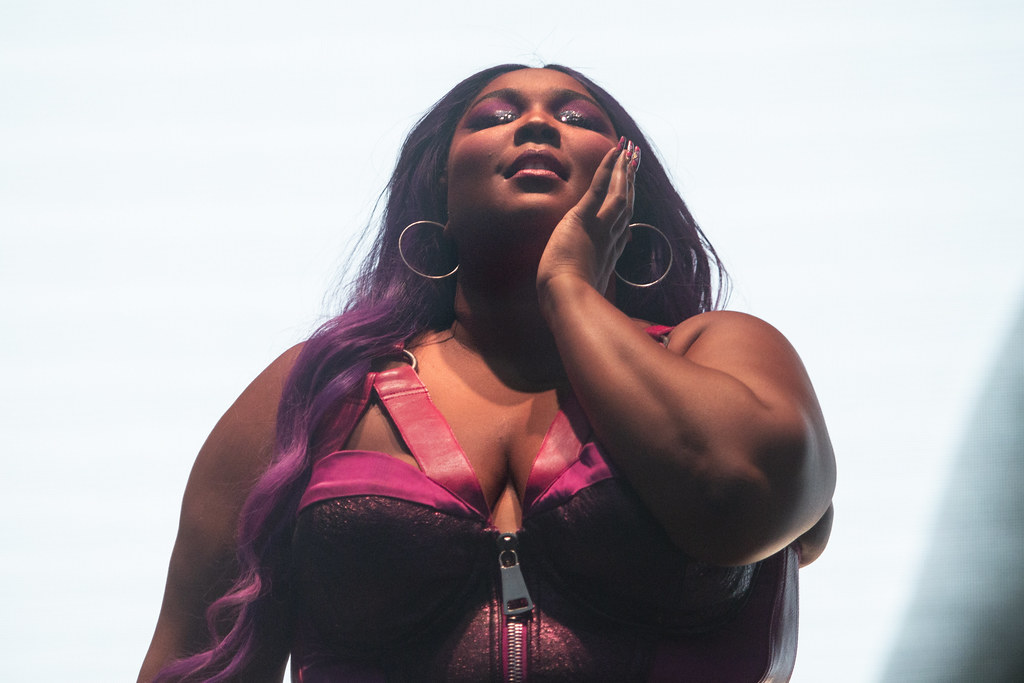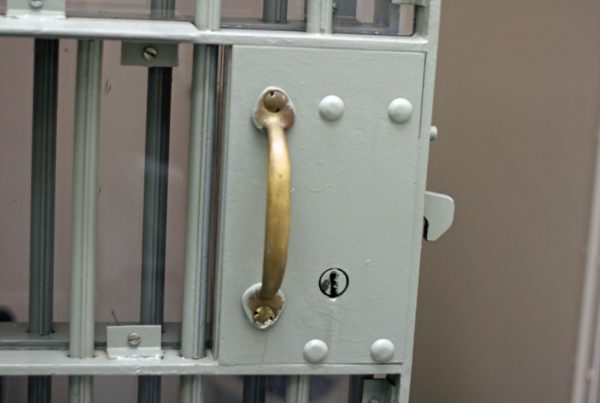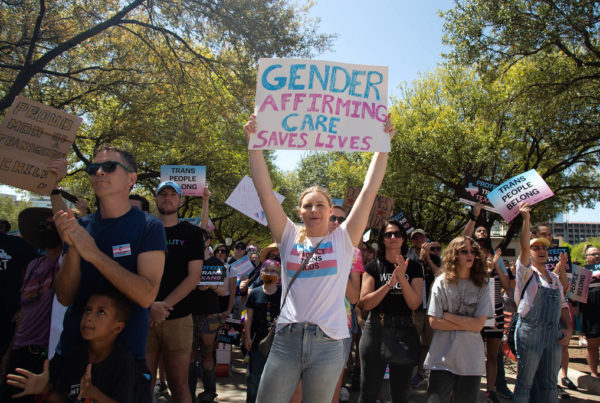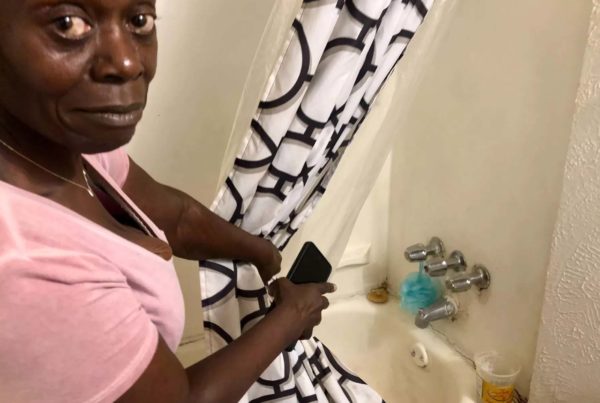“Renaissance,” the latest album from Houston native Beyoncé, has earned a lot of praise, and even more chatter on social media. Some of that chatter was the result of a lyric that included a word that has been used as a slur against people with physical disabilities. Lizzo faced backlash when she used the same word. Both artists changed the offensive lyric and have won praise from disability advocates for doing so.
Craig Lindsey recently wrote about the controversies involving Beyoncé and Lizzo for the Texas Observer, suggesting that the conversation is being elevated by their willingness to correct the offensive lyric. Listen to the interview above or read the transcript below.
This transcript has been edited lightly for clarity:
Let’s start with the word at issue. It is both a slur and a pretty common slang term, too. Can you talk about the different ways that word has been used and why it’s so offensive to people with disabilities?
Craig Lindsey: It is a demeaning term for people in the disability community, especially for those with spastic issues. And for a long time it’s been used. I remember the term being the same department as nerd and geek – kind of like a nerdy person. And now these days, it’s kind of used like more of wild, outrageous behavior, like going crazy.
Well, the backlash for Lizzo and Beyoncé began on social media, as it often does. But there were also some longer takes from people in the disability rights community. They encouraged artists not to use the word, even though it has been used in some situations in the past more frequently. How did Lizzo and Beyoncé respond?
Well, they responded swiftly, and they did the honorable thing, which was to listen to the backlash that they were receiving. Keep in mind that Beyoncé was going through many other controversies after the release of her album. This was just one of many things she had to deal with, especially the whole thing with Kelis complaining that a piece of her “Milkshake” song was on a Beyoncé song and she was upset about that. And so Beyoncé said, “I’ll just take that out, too.”
I mean, is isn’t exactly now the time where everything is streaming … and they could just take it out without any trouble and just no harm, no fuss and everything like that.
I guess the streaming component of it has made it, you know, fairly easy to take back a lyric. I mean, given that we’re not talking about having to bring back hard copies of albums unless perhaps a few got out there that we don’t know about. But it’s rather interesting that the digital nature of content makes it more possible to take back a lyric, I suppose.
Yes. You can do that now. It’s just an easy way to avoid other problems, especially if it starts delving into legal territory. Just like, “I can just take it out.”
You talked about the goodwill that Beyoncé had. Lizzo doesn’t always get the universally positive reactions that Beyoncé seems to, online. Did she face a different sort of experience with backlash?
Lizzo is a much more zaftig [person]. She is a woman who is full-figured. She is a person that is known for being proud of her body and flaunting her body, and wearing outfits that might be revealing. A lot of people feel that full-figured women should not present themselves like that out in the world. They have a problem with that. And so, Lizzo, unlike Beyoncé, is often judged for her physical appearance. So when she does something like what she did, the pressure is added even more.
You also quote people with disabilities who have reclaimed the word that we’re talking about, just as LGBTQ people and African Americans have reclaimed words that have been used as slurs against them. Are the folks you talked to happy with what Beyoncé and Lizzo did to make amends?
People are still continuing to have issue with it. But mainly, from what I’ve seen, people do respect the fact that Beyoncé and Lizzo addressed the situation and reacted appropriately and just took into consideration their feelings about the whole situation. And so, people who took issue or had a problem, they understood that what they did was admirable and just left it at that.
You said that what Beyoncé did can be seen as elevating the conversation about ableism. What do you mean?
Well, just the idea that they did this but they did not think that was going to be a problem until it was brought to their attention. And so in a way, just to put this out there, just like, oh. If you use a term like that, people will take offense. But a lot of people didn’t even know that it was an offensive term, including them. So that brings into light the whole conversation of what is offensive and what is not, and what should people be more aware of when they are using terms.
It just brings a whole sense of putting it out there. Like we need to discuss this more. Just like there’s some terms and some expressions people use that they don’t know where it came from. This is an example of how people should be more aware of what they say and how it may be perceived by others.














